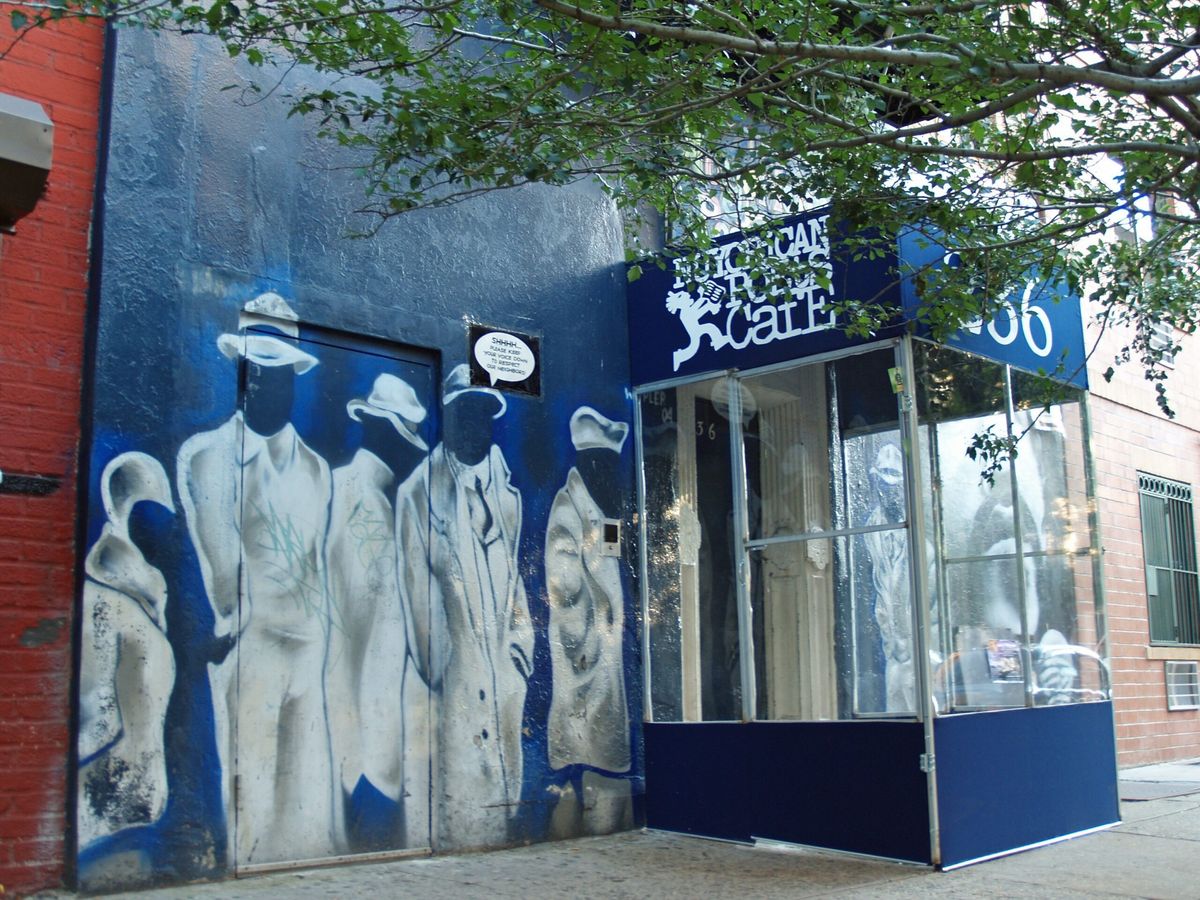2018 LitFest Poetry Slam Provides Platform for Student Expression

This past Thursday, Amherst kicked off the third annual LitFest with one of the more exciting events in the weekend lineup: the Poetry Slam. The midweek slump didn’t seem to discourage the audience, which filed in by the dozens. At 10 p.m., the Powerhouse, gutted and blue-lighted in preparation for the evening, was buzzing with chatter. However, the moment the host, Daniel Gallant — chief executive director of the Nuyorican Poets’ Café in Brooklyn — shuffled up to the mic, the room fell silent in a hush of anticipation.
And rightly so — the slam, in its brief few years of existence, has set quite a high standard for itself. The notoriously stiff competition was on full display on Thursday, and given what was at stake, the nervous energy was understandable. Third place at the slam earned a competitor a one-hour creative studio session in Emily Dickinson’s bedroom; second place, an iPad; and first place, a guest of honor performance at the Nuyorican Poets Café itself, arguably the most famous slam poetry venue in the world. The fight for the top prize resulted in a dazzling array of performances — some serious, some heartbreaking and some hilarious, but all relatable and moving in their individual ways.
Before the nine poets took the stage, Gallant passed off the mic to the evening’s guest judge, four-time individual World Poetry Slam champion Ed Mabrey. Mabrey cut an imposing figure as he performed one of his pieces in a prelude to the competition, electrifying the audience with “The Tragic Comedy Dance,” which deals with the black male experience of growing up in America in relation to music and dance.
It was a hard act to follow, but the student poets channeled the power of Mabrey’s performance. First up was Bao Tran ’17, who spoke about homesickness and love for her mother, in honor of the upcoming International Women’s Day. Succeeding her were Caleb Williams ’20, Tejia Pavao ’17, Sade Green ’20, Dorjohn Boakye ‘21, Isiaha Price ’21, Latrell Broughton ’19, DJ Williams ’20 and Markel Thomas ’18.
Their delivery styles varied considerably: Caleb Williams was steady and measured, Green was forceful and serious and Price was more conversational. Regardless of the way they approached the stage, however, all of the student poets tackled intimate issues, ranging from encounters with racism to rocky relationships, struggles with body image and tensions within families. The lineup gave particular voice to people of color, which gathered further momentum in the audience; Green’s poem on the tragedy of the black slave experience in America inspired murmurs of agreement from the crowd. In fact, as the evening progressed, silence proved to be the exception rather than the rule, as the audience often became a part of the performance.
The emotion in the room during each performance was palpable, and the poets kept up their impressive stamina throughout the night. Price described how he had happened upon slam almost accidentally, after trying to channel his creative energy through more traditional poetic forms.
He recalls his first encounter with this “different” kind of poetry: “When I first starting writing in high school, it was definitely Poe, and Frost, and Hawthorne, and a bunch of these famous, big-time, classical poets [that were primary influences] … I was never really interested in that … it was never really the poetry, that, for me, felt the most creative.”
He continued, “Slam felt right. There’s this performance I get to put on for the audience and I get to share my experience — it’s validating and it’s wonderful.”
And yet, as Price went on, slam poetry is as much for himself as it is for his audience. Having grown up in the largely conservative and homogenous town of Russellville, Kentucky, coming to terms with his identity as a gay black man in his hometown was not easy.
“Slam was my therapy … it’s reparative. I’ve gone through things, but I’m here now … my poetry is my battle cry,” he said.
Like Price, the other contestants cultivated fruitful relationships between their writing and their own inner worlds. In general, slam provides a compelling mixture of the conversational quality of writing, vulnerability on stage and communion with the audience — drawing in performers and listeners alike.
After two rounds (or more aptly, two-and-a-half-rounds — there was an optional haiku battle just after intermission) of charged performances and a few minutes of judges’ deliberations and tallying, it was time to announce the winners of the competition. The race was close. In third place was Tran; second, Green; and in first — now preparing for her enviable trip to New York — was DJ Williams.
But, if the chatter on the path as the crowds walked up from Keefe was any indication, everyone in the room took something away from each performance. The annual poetry slam continues to be an exciting and thoughtful space for the showcasing of poetic talent on campus.
*****
Correction: In the original article, Daniel Gallant was incorrectly referred to as David Gatrell.





Comments ()